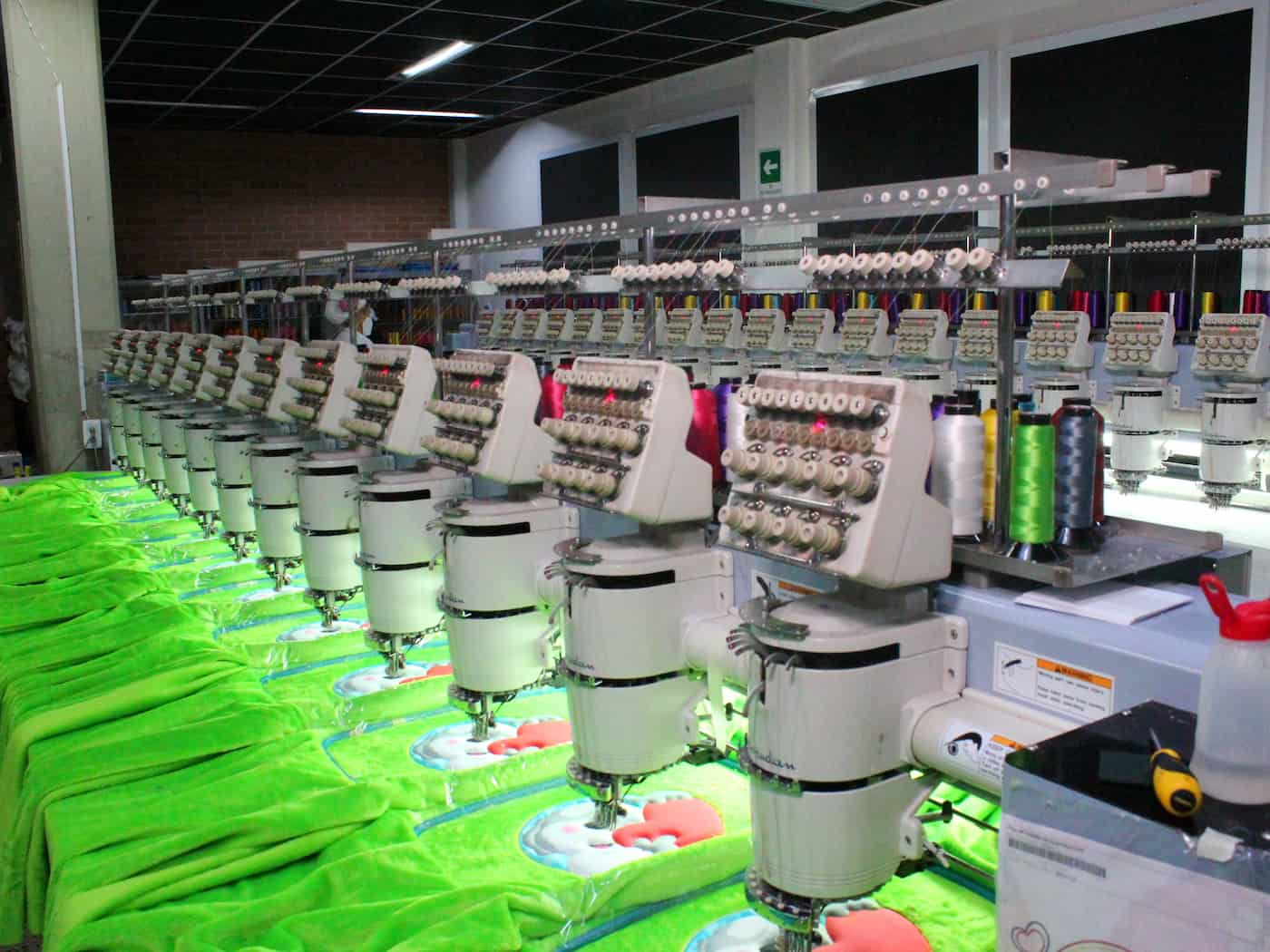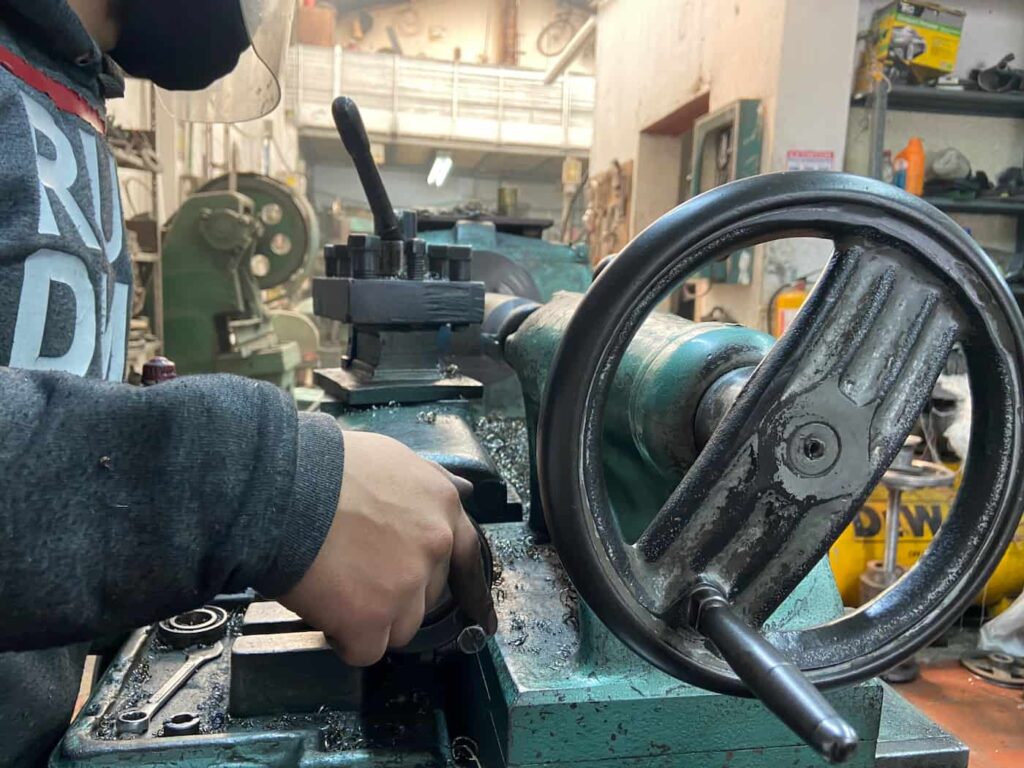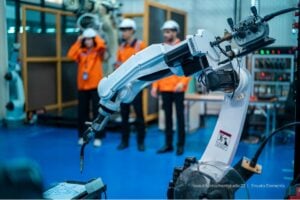MSMEs celebrated their day: they make up 99% of the Colombian business network

On June 14, Acopi Bogota Cundinamarca, the United Nations Industrial Development Organization (UNIDO), and Colsubsidio held the World MSME Day 2023 event in the Colombian capital.
The event, which was attended by 500 business leaders, was a platform to celebrate and recognize the invaluable contribution of micro, small, and medium-sized enterprises (MSMEs) to economic development and job creation throughout the country, since MSMEs in Colombia represent 99% of the business network and generate 40% of the Gross Domestic Product (GDP), according to ANIF.
You may be interested in: Fenalco and ANDI agree on severe criticisms of labor reform
It was also an opportunity to reflect on the challenges and opportunities faced by local companies in a world in transition, which is increasingly seeking to promote industrial development in a sustainable fashion.
Experts and representatives from the business sector, academia, and government shared their knowledge and experiences, providing a comprehensive view of current challenges and strategies to seize emerging opportunities.
World MSMEs Day 2023: 307,658 formal MSMEs were created in Colombia in 2022
The event was opened by Hernán Niño, vice president of the board of directors of Acopi Bogota Cundinamarca. The entrepreneur expressed his concern for the industrial decline suffered by the country, as a result of the substitution of national production by imports and the growing “refusal to use oil, coal and even gas as industry drivers”.
Niño lamented that the industry’s share of GDP in 2021 was only 12%, while in 1976 it was 24%.

The opening panel was led by Carolina González Mueller, UNIDO representative for Colombia, Peru, Guyana, and Suriname, who emphasized the importance of moving forward with reindustrialization in the global context.
During her speech, the UNIDO representative stressed the need to adapt to technological and economic changes in order to strengthen competitiveness and innovation.
Subsequently, a forum was held on industrialization in a world in transition and the opportunities of decarbonization. Experts in sustainable development and representatives of the industrial sector shared perspectives on how MSMEs can take advantage of the opportunities offered by productive transformation within the framework of the energy transition, which must be progressive and planned.
Emphasis was placed on the role of technological investment and development centers, as well as the training of professionals to enter the green market.
The implementation of the National Development Plan (NDP) for MSMEs was also discussed. The need for government policies and measures to promote the strengthening of the business sector was discussed, as well as the challenges faced by MSMEs in their implementation.
The executive director of Acopi Bogota Cundinamarca, Alejandra Osorio, highlighted that although the national government proposed the reindustrialization policy, there are still doubts about the roadmap for its implementation.
There was also a forum on the challenges of sustainability. In this space, the current and future challenges faced by MSMEs in terms of environmental, social, and economic sustainability were discussed.
The importance of adopting responsible and environmentally friendly business practices, as well as promoting equity and the well-being of workers and communities, was underlined.
Business Services Fair
Along with the conferences and panels, entrepreneurs had the opportunity to participate in the business services fair. In this space, diverse solutions, products, and services aimed at boosting the growth and competitiveness of MSMEs were presented.
During the fair, attendees were able to interact with suppliers, establish contacts and explore business opportunities.
Keep reading: The United Kingdom crowns Charles III as its king in the midst of a severe economic crisis: these facts prove it




